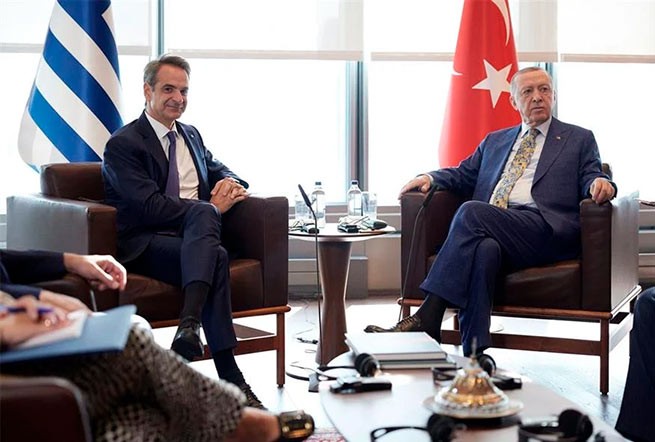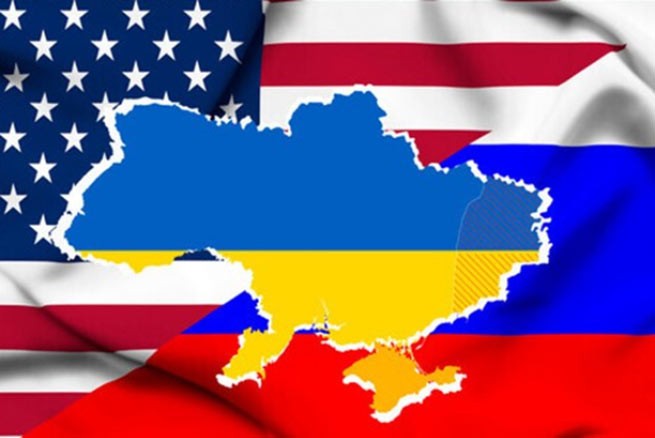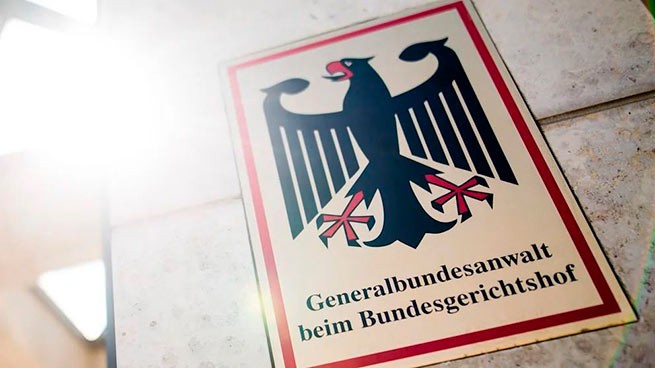Gas prices have risen more than 800% since the beginning of the year, with the unprecedented rise being attributed to the surge in energy demand following the pandemic in Southeast Asia.
Gas prices in Europe hit all-time highs again, surpassing € 179 / MWh, based on Dutch reference prices (Dutch TTF gas futures). This is an increase of more than 800% since the beginning of the year, and it is due to the sharp increase in energy demand after the pandemic and the economic recovery in the countries of Southeast Asia.
On Tuesday alone, prices rose more than 20% due to a new cold winter front hitting Europe and the suspension of the Yamal-Europe pipeline, which supplies gas through Belarus, which is under EU sanctions, to Germany.
According to tanea.gr, “Voices in the West accuse Russia of leaving Europe without sufficient gas due to political tensions with Ukraine, and talk about pressure to speed up certification of the inactive Nord Stream 2 pipeline (since for commercial reasons, the new government in Berlin does not give the green light).
Moscow, however, denies any connection. “There is absolutely no connection, this is a purely commercial reason,” said Kremlin spokesman Dmitry Peskov, recalling that the reason for what is happening is the European Union itself, which demanded that the bloc members not conclude long-term gas supply contracts with Russia.
Russia says the flow has changed to comply with Polish gas supply contracts. Gazprom continues to reduce reservations for transit through Poland: on Friday it bought out 27 million cubic meters, on Saturday – 5.2 million, on Sunday – 4.2 million, on Monday – 3.8 million from the available 89.1 million, on Tuesday did not order anything.
Prior to that, in December, Gazprom had reserved 31.4 million cubic meters each, while on some days only additional sessions and short-term intraday planning for several hours were used.
Analysts told the Financial Times that the drop in pipeline supplies could be attributed to unusually low temperatures, which reached -25 ° C in western Russia and close to -50 ° C in eastern Siberia. According to them, the cold weather may to some extent limit Gazprom’s export opportunities, or Moscow may want to preserve its internal reserves.
At the same time, gas suppliers from other countries, such as the United States and the countries of the Arabian Peninsula, primarily supply gas to China and other countries of Southeast Asia, where the price for it has sharply increased due to the economic recovery.
In any case, the rise in gas prices directly affects the cost of electricity, since it is this fuel that is mainly used for its production.
To make it even more understandable, in the structure of energy consumption (natural gas, hydroelectricity, renewables and imports) used today for electricity generation in Greece, natural gas is the dominant fuel, with 52.68%.
Cheap renewable energy sources (renewable energy sources) account for only 11.02%, while hydropower accounts for 15.27%, which leads to a high average wholesale price of electricity.
Thus, wholesale electricity prices are rising, reaching unprecedented historical levels. In fact, on Tuesday, the average wholesale electricity price not only broke the € 400 barrier, but also recorded € 415.94 per megawatt hour.
Since the beginning of the year, the growth has exceeded 690%. The new high price on the wholesale market has led to the fact that electricity suppliers today buy the required amount of electricity for their consumers more expensive by 690% since the beginning of the year and by 21.5% compared to yesterday.
The highest transaction price to date is at an astronomical level of 542.5 € / MWh, while the lowest is 296.55 € / MWh. Dramatic events show that electricity and gas prices continue to rise, placing a huge burden on households and businesses.






More Stories
ENFIA: Find out when the refund deadline is for those who want a full tax refund
Imputed income: how freelancers can challenge it, who is exempt from paying taxes
Calculation of benefits and Easter gift from April 19